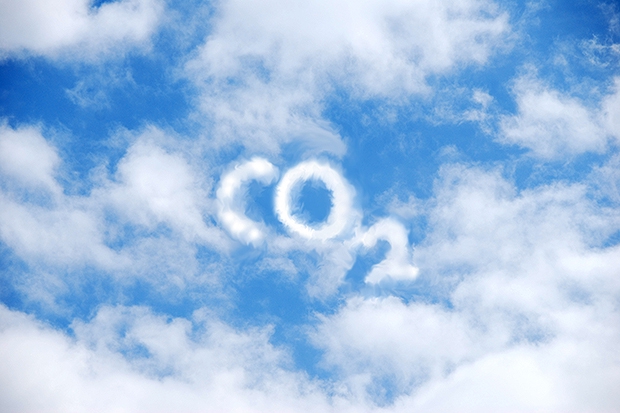MEPs of Christian Democrats, Social Democrats and the liberal Renew Group voted in favour / Left, Right and Greens against / Peter Liese criticizes voting behaviour of the Greens / Historic agreement not appreciated
The Environment Committee of the European Parliament voted today, Monday afternoon, on the agreement of the European climate law. A large majority voted in favour (52/24/4). Christian Democrats, Social Democrats, and the liberal Renew group voted in favour. The Left, the right-wing ID group and the Greens voted against. The law states that climate neutrality as a whole in the EU is legally binding the latest by 2050. The target for 2030 is set at 55%. This has always been the position of the Christian Democratic EPP Group from the starting point of the negotiations. Liese criticized the voting behaviour of the Greens. "We have reached a historic agreement. The whole law means a giant step for European and global climate protection. We are the first continent to actually make climate neutrality legally binding, and we will again significantly accelerate climate protection with the 2030 target. We need to cut greenhouse gases by more than 3% a year. Anyone who says that this target not ambitious does not know what they are talking about. It is a pity that the Greens are voting against the law together with the right-wing party," said the environment spokesperson of the biggest political group in the European Parliament (EPP, Christian Democrats) Dr Peter Liese.
It is important to Liese that part of the target can be achieved through so-called sinks, such as through the sustainable management of forests. However, MEPs specified this possibility and limited it to 225 MT of CO2. The compromise makes it clear that the main effort is on emissions reduction. At the same time, however, the Commission is asked to do everything possible to increase the potential of sinks well beyond the 225 MT, meaning that if things go well, the target may well be exceeded. Experts calculate a net 57% target in that case. At the same time, however, other sectors such as transportation and industry have planning security. With that compromise, the EPP group mainly prevailed. "Climate protection is the task par excellence for the future. But we should set ourselves targets that we can also meet. Future generations have nothing to gain from targets that are only on paper," said the MEP.
Liese expressly welcomed the fact that the sinks are included. "The performance of forest farmers and farmers who do something for the climate must be rewarded more in the future. We also need more technologies to capture CO2 from the atmosphere. Our group has also pushed for an expansion of market-based measures, i.e. emissions trading, to be considered when drafting concrete legislation. I see a realistic chance that emissions trading also applies to transport and heat, will be proposed by the European Commission. This is much more effective and cost-effective than relying solely on command and control measures. The EPP has also ensured that the concrete targets for the sectors are worked out in so-called climate partnerships with industry," concluded Liese.
The European climate law is expected to be voted on in plenary in June.


